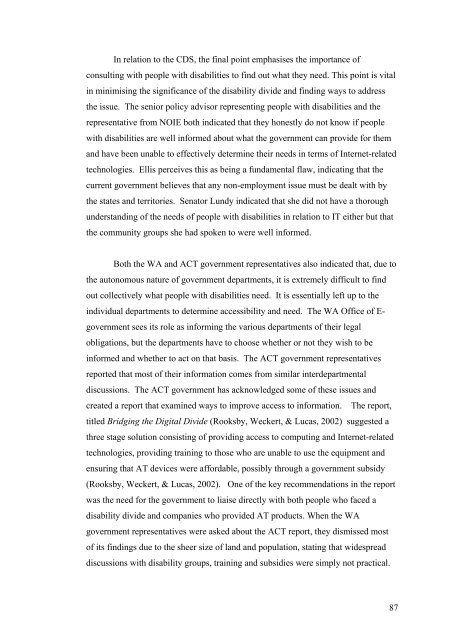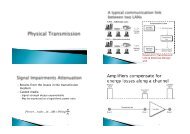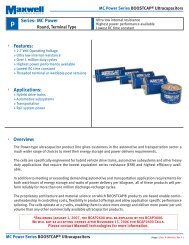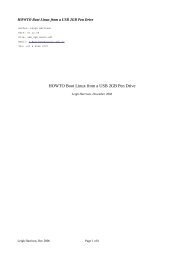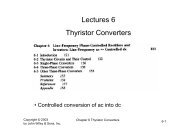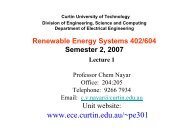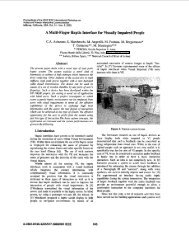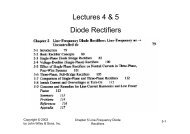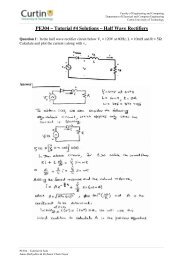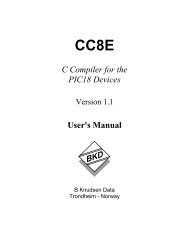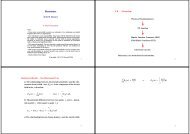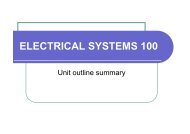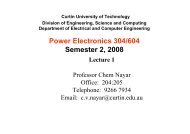2007 PhD Thesis Final Revised.pdf - Curtin University
2007 PhD Thesis Final Revised.pdf - Curtin University
2007 PhD Thesis Final Revised.pdf - Curtin University
Create successful ePaper yourself
Turn your PDF publications into a flip-book with our unique Google optimized e-Paper software.
In relation to the CDS, the final point emphasises the importance of<br />
consulting with people with disabilities to find out what they need. This point is vital<br />
in minimising the significance of the disability divide and finding ways to address<br />
the issue. The senior policy advisor representing people with disabilities and the<br />
representative from NOIE both indicated that they honestly do not know if people<br />
with disabilities are well informed about what the government can provide for them<br />
and have been unable to effectively determine their needs in terms of Internet-related<br />
technologies. Ellis perceives this as being a fundamental flaw, indicating that the<br />
current government believes that any non-employment issue must be dealt with by<br />
the states and territories. Senator Lundy indicated that she did not have a thorough<br />
understanding of the needs of people with disabilities in relation to IT either but that<br />
the community groups she had spoken to were well informed.<br />
Both the WA and ACT government representatives also indicated that, due to<br />
the autonomous nature of government departments, it is extremely difficult to find<br />
out collectively what people with disabilities need. It is essentially left up to the<br />
individual departments to determine accessibility and need. The WA Office of E-<br />
government sees its role as informing the various departments of their legal<br />
obligations, but the departments have to choose whether or not they wish to be<br />
informed and whether to act on that basis. The ACT government representatives<br />
reported that most of their information comes from similar interdepartmental<br />
discussions. The ACT government has acknowledged some of these issues and<br />
created a report that examined ways to improve access to information. The report,<br />
titled Bridging the Digital Divide (Rooksby, Weckert, & Lucas, 2002) suggested a<br />
three stage solution consisting of providing access to computing and Internet-related<br />
technologies, providing training to those who are unable to use the equipment and<br />
ensuring that AT devices were affordable, possibly through a government subsidy<br />
(Rooksby, Weckert, & Lucas, 2002). One of the key recommendations in the report<br />
was the need for the government to liaise directly with both people who faced a<br />
disability divide and companies who provided AT products. When the WA<br />
government representatives were asked about the ACT report, they dismissed most<br />
of its findings due to the sheer size of land and population, stating that widespread<br />
discussions with disability groups, training and subsidies were simply not practical.<br />
87


